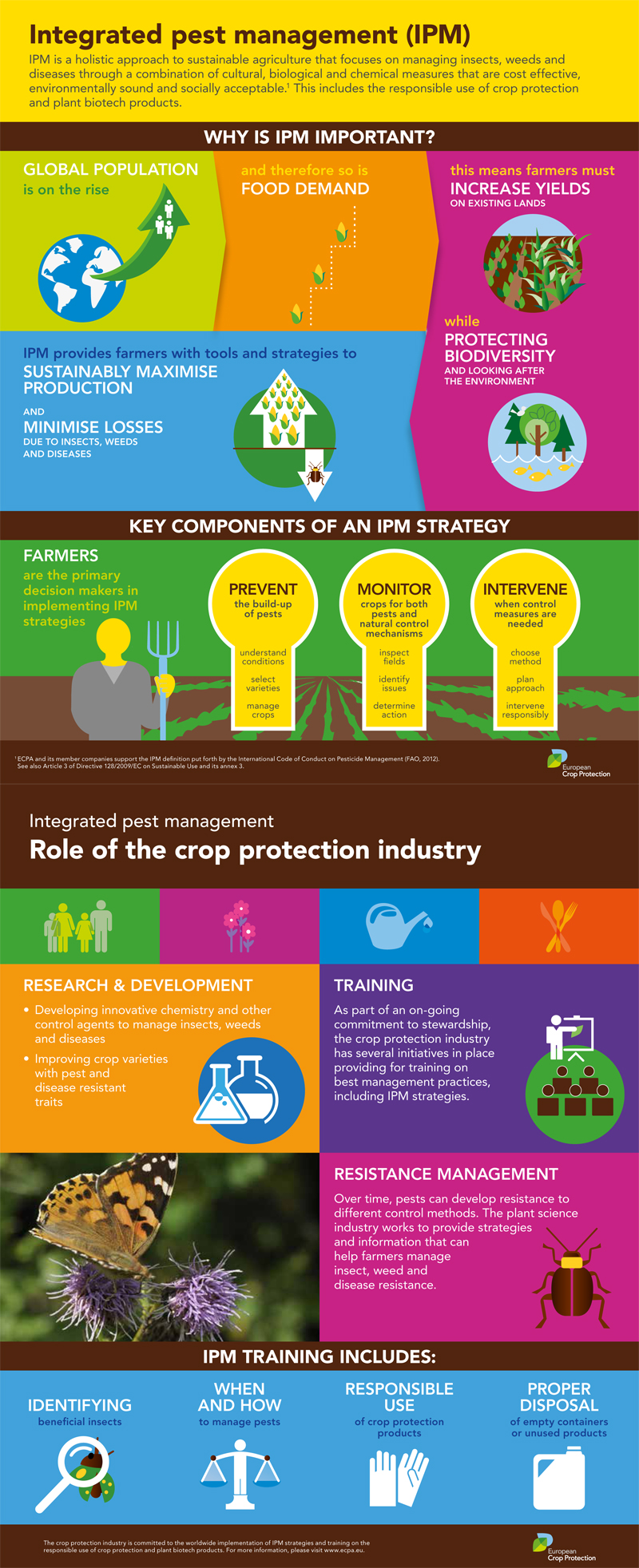Protecting Your Yard From Vermins: Approaches For A Pest-Free Outdoor Area
Protecting Your Yard From Vermins: Approaches For A Pest-Free Outdoor Area
Blog Article
organic flea control Written By-Dunlap Warren
Picture your yard as a sanctuary, a location of harmony and charm. Nevertheless, the visibility of outside insects can swiftly disrupt this picturesque picture. Suppose there were easy yet effective means to keep these undesirable site visitors at bay and shield your garden oasis? By complying with a few useful suggestions and applying all-natural strategies, you can create a harmonious outside area where your plants can grow uninterrupted.
Natural Insect Deterrents
To maintain insects away from your garden naturally, plant fragrant natural herbs like mint and lavender. These aromatic plants not only add appeal to your yard but likewise serve as efficient bug deterrents. Parasites like insects, flies, and even some garden-damaging bugs are fended off by the strong scents given off by these natural herbs. Merely placing them strategically around your garden can assist produce a natural barrier against undesirable parasites.
Along with mint and lavender, think about planting various other herbs like rosemary, basil, and lemongrass to further boost your garden's pest-proofing capabilities. These natural herbs not just act as natural repellents yet also have actually the included advantage of working in food preparation or crafting homemade treatments.
Strategic Plant Positioning
Think about the design of your yard and the kinds of plants you have to tactically position them for maximum pest-proofing effectiveness.
Begin by grouping plants with comparable resistance to pests together. By doing Link Website , you can produce a natural barrier that deters insects from spreading out throughout your yard.
In addition, positioning pest-repelling plants like marigolds, lavender, or mint near even more at risk plants can help protect them. High plants, such as sunflowers or corn, can act as a shield for much shorter plants versus insects like rabbits or ground-dwelling pests.
Bear in mind to leave enough space between plants to boost air flow and minimize the danger of conditions that pests may lug.
Additionally, consider growing strong-smelling natural herbs like rosemary or basil near susceptible plants to perplex bugs' detects and make it harder for them to situate their targets.
Efficient Insect Control Methods
For combating yard pests successfully, carrying out a multi-faceted parasite control strategy is vital. Beginning by motivating all-natural predators like birds, ladybugs, and praying mantises to help maintain bug populations in check. Introducing plants that bring in these helpful bugs can aid in bug control. In https://how-to-remove-a-broken-sn95173.dgbloggers.com/26971651/taking-a-look-at-effective-termite-management-strategies-in-a-standard-structure , exercising excellent yard health by getting rid of debris and weeds where insects could hide can make your garden less friendly to unwanted visitors.
Think about making subterranean termite control of physical obstacles such as row cover textiles or netting to shield vulnerable plants from pests like caterpillars and birds. Applying natural pesticides like neem oil or insecticidal soap can likewise work versus specific pests while being less harmful to beneficial bugs and the environment. It's important to turn your plants each season to prevent the buildup of parasite populations that target certain plants.
Consistently inspect your plants for indicators of parasite damages so you can take action immediately. By integrating these approaches and remaining watchful, you can effectively regulate yard pests and delight in a thriving, pest-free garden.
Verdict
So, there you have it - with the appropriate approaches, you can keep pesky exterior insects away from your yard and help your plants flourish.
Did you know that growing mint has been shown to repel mosquitoes and various other bugs, lowering the demand for hazardous pesticides by up to 60%?
By incorporating natural deterrents and clever growing methods, you can produce a stunning and pest-resistant garden sanctuary for you to delight in.
